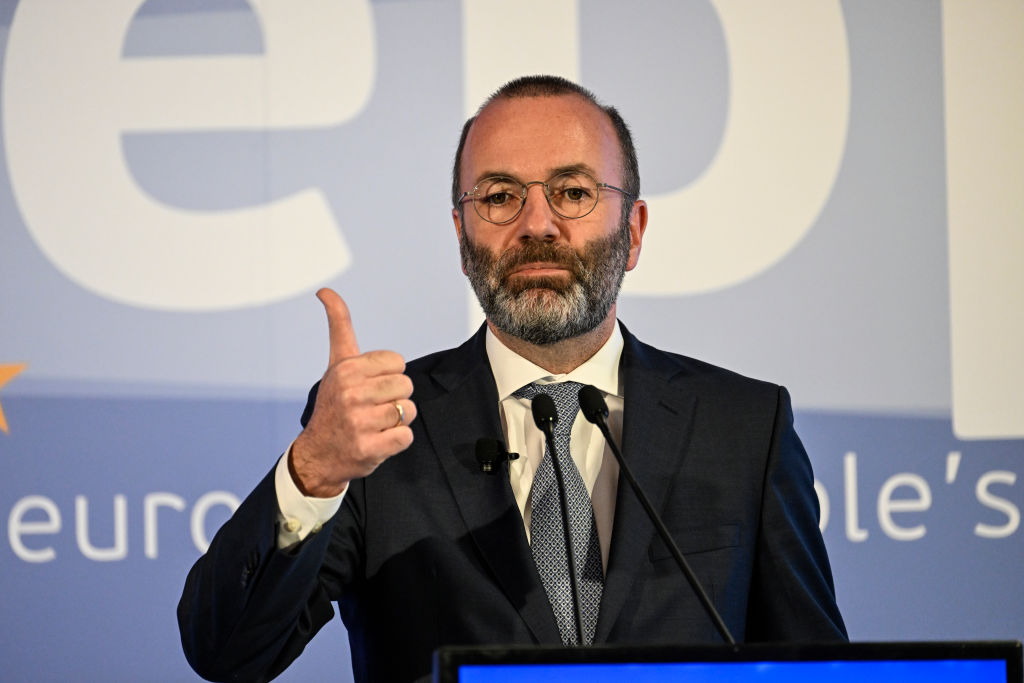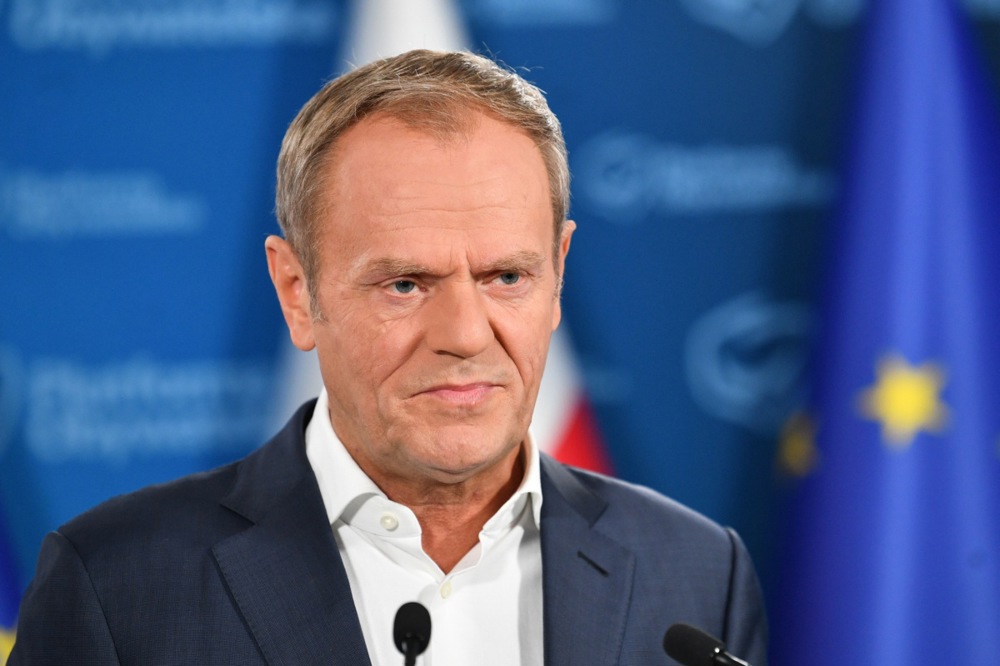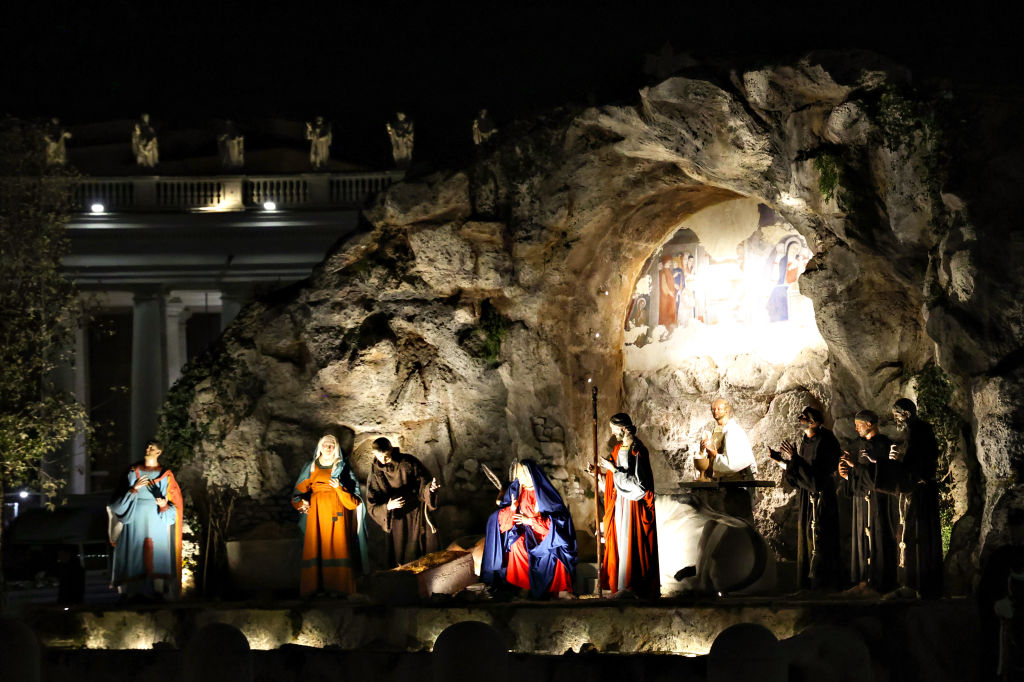From Frederic Bastiat’s The Law to John Rawls’s Theory of Justice, the basic premise of liberal philosophy has always been equality before the law: Freedom and justice are attained when the law applies to everyone equally regardless of their beliefs.
However, liberal elites nowadays are putting this cornerstone aside, as they manipulate laws and institutions in order to stop the rise of conservatives and nationalists.
We can clearly see this as a worldwide trend, which manifests itself worryingly both in the United States and Europe. As more and more citizens make choices that are not agreeable to the ruling establishment, an attempt is being made to exclude Right-wing candidates and parties from the democratic process by legal, judicial, or institutional means.
The exclusion of Right-wing parties is not new in Europe. A cordon sanitaire has long been in place both in the European Parliament, where the ID has been banned from chairing committees, and in countries like Belgium, where the Vlaams Belang has been isolated and excluded since 1989.
Recently, the president of Renew, Stéphane Séjourné, has called on “pro-European parties” to renew their commitment to a cordon sanitaire ahead of the 2024 elections.
International centre-Right and socialist political coalitions are also long known to be intolerant to nation-centric political outlooks. Viktor Orban’s Fidesz was forced to leave the EPP in 2021. Last October, the Party of European Socialists suspended Robert Fico’s election-winning Smer party and Peter Pellegrini’s Hlas party, right after they formed a government in Slovakia.
Things are now moving further along an authoritarian direction. The issue these days is not about disassociation with dissidents. It is not even about dissolving extreme-Right groups, the way France has done recently with Generation Identitaire and Division Martel, or Germany has traditionally done with neo-Nazi groups. Rather, it is about stopping political parties that threaten the status quo from taking part in elections in the first place.
The Greek example is of particular interest. After neo-Nazi Golden Dawn was foung guilty of setting up a criminal organisation in 2020 and its leadership was sent to jail, the Greek government passed multiple laws so as to prevent nationalists from participating in the 2023 general election. In the end, a number of Right-wing parties with absolutely no neo-Nazi connections ended up being excluded by the Supreme Court.
Some in Germany wish to do the same with the AfD. The party is now the most powerful political force in eastern Germany and the second biggest in the country.
No wonder Saskia Esken, co-chairwoman of chancellor Scholz’s SPD – shown in polls at an all time low – finds it “important that we talk about banning the AfD and that voters are shaken up” – so much for progressive liberalism. When cornered, it appears that some socialists feel tempted to return to their Bolshevik roots.
At the same time, European institutions themselves apply the rules in an à la carte manner. During recent years, Brussels has been accusing Hungary and Poland of undermining the independence of the media, the judiciary and NGOs and have thus deprived them of tens of billions of Euros in funding.
But when the Tusk government all but raided the state television some weeks ago, nobody in the EU even flinched.
And then there is the veto. After a meeting of mainly western European foreign ministers in Berlin paved the ground in November, in December the European Parliament voted in favour of a bill to implement reforms to EU treaties, including the abolition of the principle of unanimity, practically scrapping member states’ veto power.
Paraphrasing Hegel, if the legal framework does not agree with the establishment’s desires, the worse for the legal framework.
“All animals are equal, but some are more equal than others”, proclaim the ruling pigs in George Orwell’s novel Animal Farm – an allegory for the Russian Revolution and the early years of the Soviet Union.
According to the EU’s ruling liberals of all denominations, in today’s Europe, some citizens, parties and governments – namely those who oppose mass immigration, and who stand for traditional values – are indeed less equal than others.
Konstantinos Bogdanos served as a member of the Greek parliament from 2019 to 2023





Predictions for 2024: This year could see the breakthrough of Europe’s Right, turning the European Parliament into a nightmare for the Left